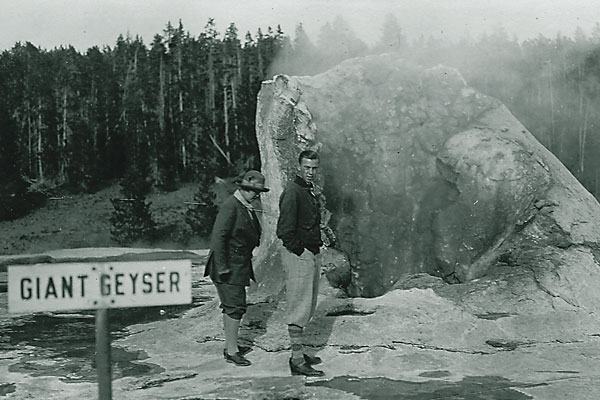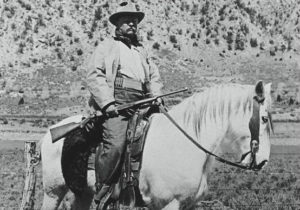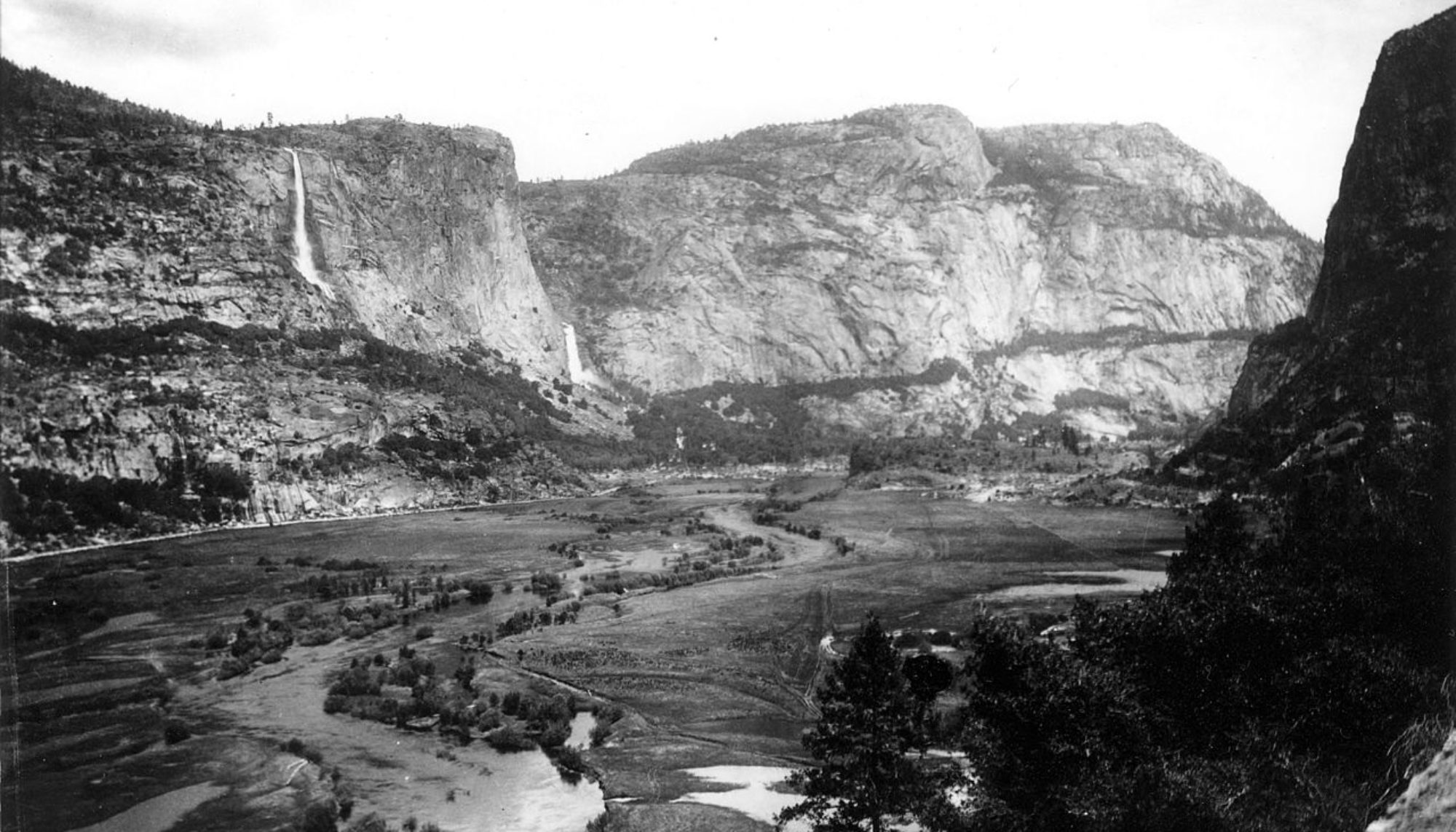
Preservation and conservation movements of the nineteenth and twentieth century are very different. Both movements had some of the same goals, but believed in different ways to accomplish them. A preservationist of one idea could be a conservationist of another, and vice versa. These two movements were not “black and white,” but were covered in grey. There were exceptions to this rule. John Muir never wavered on his beliefs, even though it cost him friendships, (CLICK TO READ MORE ON THIS). Men like Gifford Pinchot, were both conservationist and preservationist. Pinchot, unlike Muir, saw that particular use of forest land, may it be for reaction or supervised extract, was the most likely outcome at the time. Both camps believed that government action was the only way to protect forest land and natural wonders. Conservationist wanted the government to take action to help with their goals. Laws such as the Timber and Stone Culture Act, Organic Act, and the Antiquities Act were conservationist support laws. Even though the TSCA was a complete failure, it was still at its core, a conservationist law.
The issue of when discussing preservation versus conservation is that both groups used the term “preserve.” Though the term used by both groups, each party had a different meaning for it. For a conservation, it the idea of “preserving,” meant for future use. They wanted to preserve, either animal or land, for future generations. Conservationist wanted land, such as the Forest Reserves, managed properly. They wanted the resources of these lands but did not want them exploited. This is why conservationist wanted laws like the TSCA and the OA. In theory, both laws would preserve land, for others to use. The real fear of clear-cutting of forest and demolishing of natural wonders was in the minds of the early conservationist. The belief of managed use and fears of losing the nature of the West is why Roosevelt gains fame as a conservationist.

Photographer unknown;
Around 1903
The Impact of Roosevelt:
The major difference between the groups, is that conservatism has more political support. Politicians, such as Carl Schurz, John W. Noble, and Theodore Roosevelt, were conservationist. Although, at the very least, felt that conservation of land was a better alternative to preservation. When politicians used preservationist laws, it only caused backlash from Westerns. The West, during the nineteenth century, was the area that most conservation or preservation laws took effect in. Westerns were angry when the government took away large areas of forest land for reserves. Before 1897, these reserves were not places people could go. Nor could they extract resources from them if needed. What makes Roosevelt so important this movement, and to why the focus of this site, is that he believed in the usage of the land. As president, Roosevelt designated 141 million acres of forest. This forest land was not sealed off land. It turned into the backbone of the National Park System. Roosevelt, in designated this large amount of land, set the tone of “aggressive conservation.” He is the “Conservation President,” because Roosevelt saw himself as one of the new stewards of the land. As such, Roosevelt was going to do what he felt was right, in trying to preserve land for conversational use. Roosevelt’s speech given at Yellowstone outlines his views of why conservation mattered. Though he uses the term “preserve” keep in mind the different meaning of the term. Roosevelt stating:
“The creation and preservation of such a great natural playground in the interest of our people as a whole is a credit to the nation; but above all a credit to Montana, Wyoming, and Idaho. It has been preserved with wise foresight…The scheme of its preservation is noteworthy in its essential democracy.” (Speech given at the cornerstone laying of Yellowstone National Park, April 24, 1903).
“The preservation of the forests is, of course, the matter of prime importance in every public reserve of this character.” (Speech was given at the cornerstone laying of Yellowstone National Park, April 24, 1903).
In these two quotes from Roosevelt’s speech, show that he believed or at least wanted people to believe that conservation was a democracy idea. That the people of the United States, by right of being citizens, had the obligation to the wonders of the country. Although, with this obligation came proper usage of the land and with respect given to nature.

(Furthermore, it is the opinion of this writer, that Roosevelt, unlike previous presidents, used his charisma and ability of press manipulation to accomplish his goals. Roosevelt was better at selling ideas to the general public and as a member of the Boone and Crockett Club had access to all the important conservationist and preservationist thinkers).
